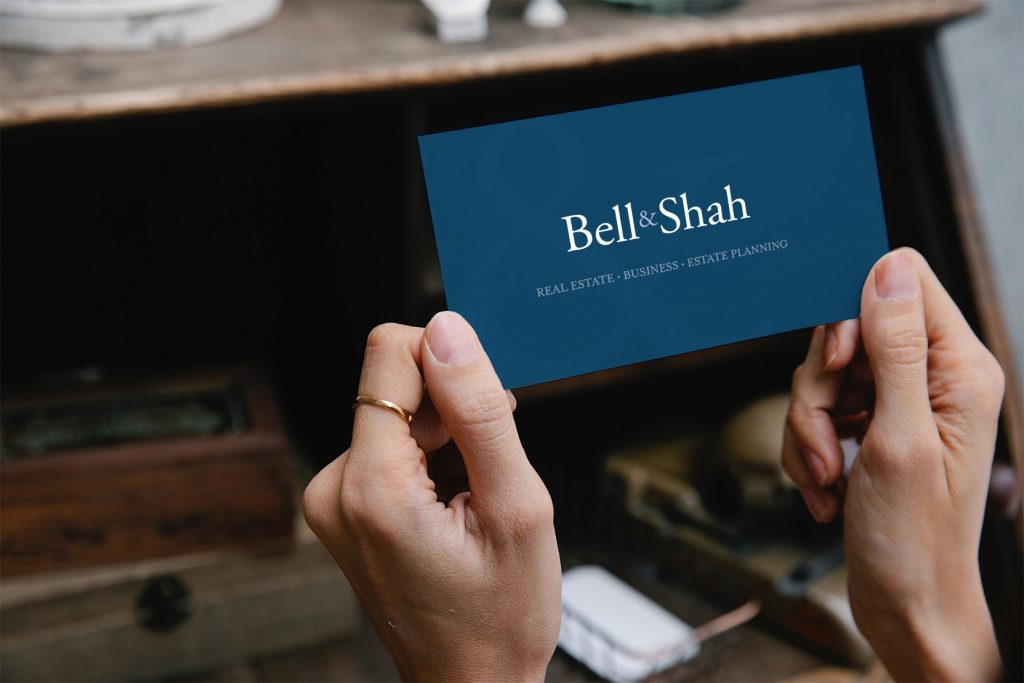As a rule, non-disclosure agreements (NDAs), also known as confidentiality agreements, are applicable when companies want to share confidential data and intellectual property involving their business operations with contractors, employees, and other business partners, and also wish to protect this material so that it is not stolen or used without permission. An NDA is essentially a contract that requires these individuals with a behind-the-scenes view of company operations to refrain from disclosing material such as client records, marketing strategies, company financial information, competitor analyses, and technical data that must remain “in house.”
All Businesses Possess Data that is Worth Protecting
You may not feel that your business has the kinds of sensitive trade secrets or items of intellectual property that are worthy of protection against disclosure, such as computer code for a cutting-edge new social network or a recipe for an industry-leading soft drink. However, every business has some type of confidential or classified information that is vital to its core operations and is worthy of protection. This data could include customer lists, financial records, or plans for an innovative marketing campaign. Moreover, most business owners simply want to avoid having sub-contractors communicate directly with their clients and reveal details of the sub-contractors’ role in their company.
NDAs Help to Maintain Trust and Profitability
Whatever the case may be, non-disclosure agreements are highly useful for all types of businesses, from small independent restaurants to giant multi-national corporations. Business owners often have to share proprietary or sensitive data with parties outside their companies when searching for investment capital, acquiring prospective partners, finding clients, or taking on essential workers. So, to safeguard both the business and the individual or group to whom the information is revealed, NDAs have long been employed as legal strategies for maintaining faith and keeping vital data from being exposed in ways that could undercut the profitability intrinsic to that information.
Make Sure You Are Covered – Let Bell & Shah Law Help
The kinds of details that might require NDAs include secret recipes, product formulas, and core manufacturing procedures. NDA protection also often covers lists of clients or sales contacts, private accounting records, and specific elements or characteristics that make a company unique in its field.
If you are considering creating an NDA for your organization and would like more information about the process, contact us today at Bell & Shaw Law, LLC for a free consultation. Our expert business attorneys can help you create an agreement that will safeguard both your company and your team members.

